This study examines the development of the
hierocratic theory of government in the High Middle
Ages, especially during the Franco-papal conflict,
1296-1303. Hierocratic ideas that the papacy held
supreme authority in both spiritual and temporal
matters flourished during the High Middle Ages, and
they continued to evolve until the early fourteenth
century. Given this development, a perennial
question became ever more pressing: what is the
proper relation between the spiritual and temporal
powers?
This debate culminated in the spirited Franco-papal
conflict of the late-thirteenth and early-fourteenth
centuries between Pope Boniface VIII and the king of
France, Philip IV, also known as Philip the Fair.
The result of this conflict was a decline of the
medieval papacy in both prestige and power.
I hope this study will benefit historians interested
in medieval political thought, especially those
interested in Aegidian studies, the Franco-papal
crisis, and the hierocratic doctrine of universal
papal monarchy.
hierocratic theory of government in the High Middle
Ages, especially during the Franco-papal conflict,
1296-1303. Hierocratic ideas that the papacy held
supreme authority in both spiritual and temporal
matters flourished during the High Middle Ages, and
they continued to evolve until the early fourteenth
century. Given this development, a perennial
question became ever more pressing: what is the
proper relation between the spiritual and temporal
powers?
This debate culminated in the spirited Franco-papal
conflict of the late-thirteenth and early-fourteenth
centuries between Pope Boniface VIII and the king of
France, Philip IV, also known as Philip the Fair.
The result of this conflict was a decline of the
medieval papacy in both prestige and power.
I hope this study will benefit historians interested
in medieval political thought, especially those
interested in Aegidian studies, the Franco-papal
crisis, and the hierocratic doctrine of universal
papal monarchy.

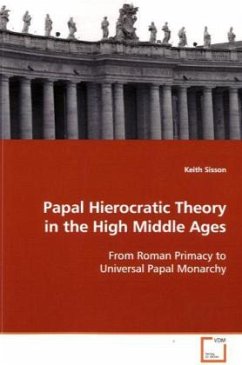
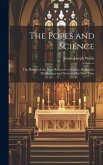
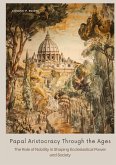
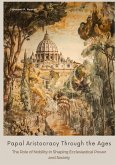
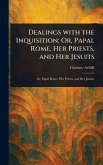
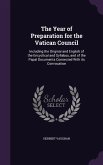
![The First Eight General Councils and Papal Infallibity [Sic] The First Eight General Councils and Papal Infallibity [Sic]](https://bilder.buecher.de/produkte/68/68591/68591356m.jpg)
![The Papal Moloch; Or, the Human Sacrifices of the Inquisition [By J.C.C. Maccaul] The Papal Moloch; Or, the Human Sacrifices of the Inquisition [By J.C.C. Maccaul]](https://bilder.buecher.de/produkte/64/64447/64447415m.jpg)